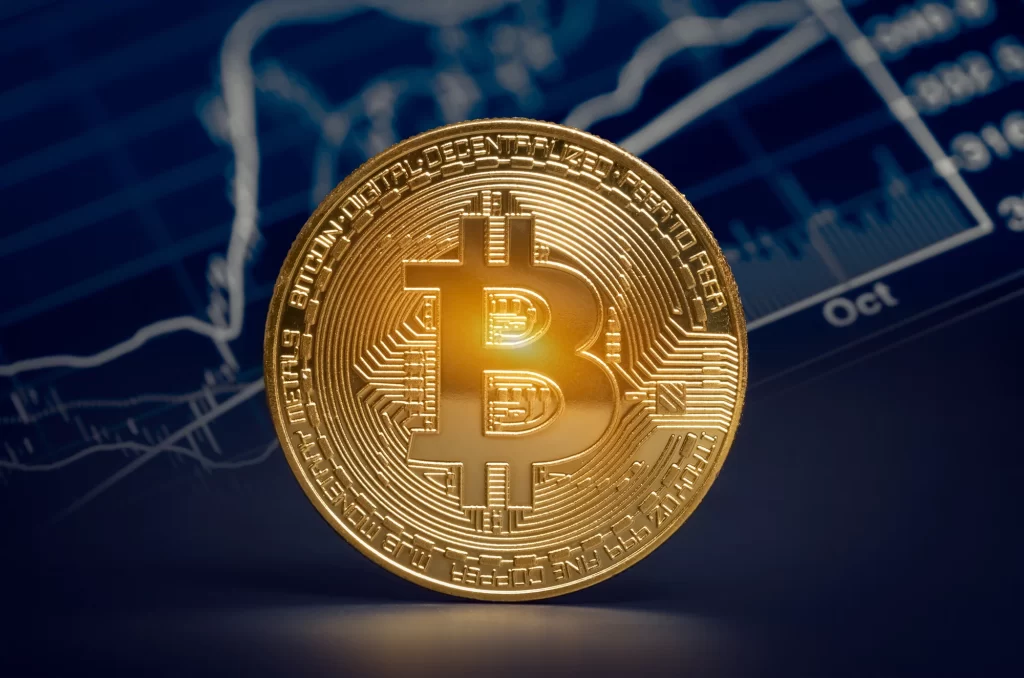
Regulation is coming to the crypto industry, and the choice of who gets to regulate Bitcoin could have a huge impact on its future price.
The future of crypto could be determined by the Senate Agriculture Committee. No, that’s not a misprint. That’s because the Commodity Futures Trading Commission (CFTC) is angling hard to become the primary regulator of the crypto industry, and the CFTC falls under the purview of the Senate Agriculture Committee. An expanded role for the CFTC is generally perceived to be good news by the crypto industry, which views the CFTC as a much more crypto-friendly regulator than the SEC.
What’s noteworthy is that the regulatory turf war between the CFTC and the SEC is being fought in public these days. SEC head Gary Gensler has been publicly calling for his agency to regulate the crypto industry, and now the CFTC is fighting back. The head of the CFTC, Rostin Behnam, just threw the crypto industry a bone by suggesting in a chat at NYU School of Law that Bitcoin (BTC 1.52%) could double in price if his agency gets to set the rules. A doubling would send Bitcoin on a trajectory from its current price of around $20,000 to nearly $40,000.
Is crypto a security or a commodity?
Whether the CFTC or the SEC gets to regulate crypto comes down to a single question: Is crypto a security or is it a commodity? If it is a security, then the SEC gets to regulate it. If it is a commodity, then the CFTC gets to regulate it. According to current guidelines, crypto is a security only if an investment contract exists in which people are pooling their money in a common enterprise to make a profit.
In the case of Bitcoin, there is near 100% consensus that it is a commodity. In fact, some have argued that Bitcoin might be the only crypto that can avoid regulation under federal securities laws. The SEC’s Gensler has gone so far as to suggest that Ethereum, the second-largest crypto by market capitalization, should now be classified as a security.
So wait, you’re probably thinking, what in the world does the Senate Agriculture Committee know about crypto that the SEC does not? Well, the Senate Agriculture Committee knows a lot about commodities trading in wheat, corn, and pork bellies. According to the Senate Agriculture Committee, cryptos should be considered “digital commodities” that are traded on exchanges.
And the committee also knows a lot about metals like gold and silver, both of which are also traded on major exchanges. And the CFTC gets to regulate this. So if Bitcoin really is “digital gold” — shouldn’t it also be regulated the same as physical gold?
The Bitcoin price prediction
To be clear, it’s a bit strange for the head of the CFTC to put out a price target for Bitcoin. Maybe this wasn’t the intention, but it’s almost as if he is using some kind of political dog whistle to suggest, “Hey, if you have crypto lobbying power in Washington, I’d suggest you lobby for the CFTC if you want to see the price of Bitcoin increase.” That might explain why all the bipartisan legislation coming out of Washington these days features an outsized role for the CFTC, and why the crypto industry seems to be lining up behind the CFTC as the regulator of choice.
According to CFTC head Behnam, Bitcoin could double in price because the financial markets thrive on certainty. The creation of a level playing field for an industry helps to attract more participants. As a result, the introduction of regulatory certainty for crypto would likely attract institutional money inflows from Wall Street. Many of the biggest names in the financial industry are simply waiting for a signal from Washington that it’s OK to invest in crypto.
Given the rising interest of institutional investors in crypto this year, it’s not out of the question that Bitcoin could double in price. When BlackRock announced a partnership with Coinbase to enable crypto trading for institutional clients, for example, some predicted that Bitcoin would skyrocket to $250,000. That was based on the assumption that large pension funds and endowments would start allocating a small portion of their portfolios to crypto. So a doubling in price to $40,000 might seem outrageous at first glance, but it is certainly not out of the question.
A vote for the CFTC is a vote for Bitcoin
It’s hard to predict the various plot twists that can take place in Washington, D.C., these days, especially with the 2022 midterm elections coming up. However, given the fact that the Senate Agriculture Committee is now spearheading legislation to make the CFTC the primary regulator for crypto, as well as the fact that the CFTC is publicly saying that it can boost the price of Bitcoin, it should be clear whom crypto should root for. If the CFTC gets to regulate crypto, Bitcoin could double in price.
























